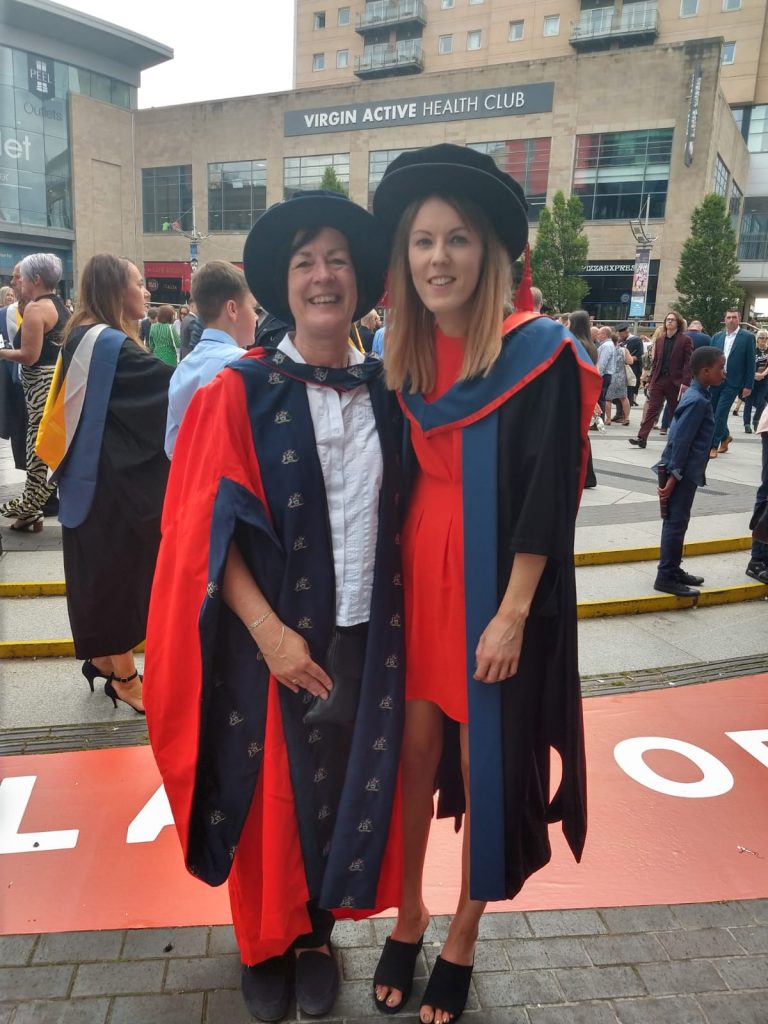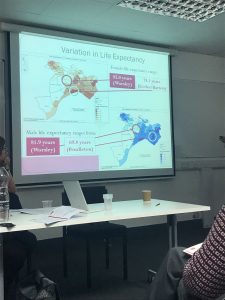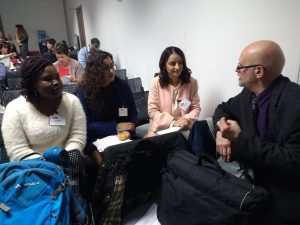My PhD journey started when I joined the University of Salford in 2015. Before this I had completed a BSc in Sport & Exercise Science and an MSc in Clinical Exercise Physiology, followed by several years working as a researcher in the health technology industry. Along the way I had also completed qualifications in gym instruction and exercise referral instruction. Therefore, the planets aligned well when an opportunity arose to complete a PhD about exercise referral schemes, combining research experience with personal interests.
Exercise referral schemes are one of the most common approaches to increasing physical activity levels in people with long term conditions, providing access to individualised exercise programmes and support from qualified exercise professionals. There are hundreds of these schemes operating across the UK, illustrating their popularity as a method of physical activity promotion. However, the evidence base underpinning the effectiveness of these schemes to-date has been poor. The aim of my PhD was to contribute to this evidence base, by evaluating Tameside’s “Live Active” exercise referral scheme.
Fortunately, the scope of my PhD was quite broad, meaning that I could develop and practice a wide range of research skills. The majority of my data was quantitative, some of which was secondary data collected by the scheme, and some of which I collected using accelerometers. With so many different types of data, I found myself conducting several types of statistical analyses, from simple to complex statistical tests, several of which I was trying for the first time! Fortunately, I was able to take a break from all of this quantitative data, by conducting a qualitative study. This was the most enjoyable chapter for me, and in the end, turned out to be a very important chapter, revealing findings that were central to my final conclusions.

In March 2019 my PhD journey came to an end, when I successfully defended my thesis at the viva. Following this, I was fortunate enough to be offered a position as a senior research associate at the Equality and Human Rights Commission. Health inequalities were an important consideration in my thesis, and have always been an area of interest and motivation, so this is a fantastic opportunity to explore equality and human rights more broadly. I have no doubt that I would not be in this position, if it were not for the research and transferable skills that I developed throughout my PhD, with the help of my fantastic supervisors, Dr Margaret Coffey, Dr Anna Robins, and Prof Penny Cook. By the end of your PhD, you will have developed more skills than you may realise, some of which will be quite broad and highly valuable, and you must not forget this when planning your next steps after the PhD!
Of course, for myself, and many other students, the PhD journey provided an opportunity to experience and practice more than just the intricate details of research study. Throughout the three years I attended several conferences, both home and abroad, sharing the findings of my research through posters and oral presentations. I also met several other researchers at these conferences, with the same research interests as myself. It has been great to stay in touch with these people, to discuss our research, provide each other with feedback, and some have been kind enough to invite me to collaborate on their work in the future. It was also great to complete this PhD with a partner organisation, Live Active, where I got to develop my stakeholder engagement skills, and attempt to influence practice with my research findings!




